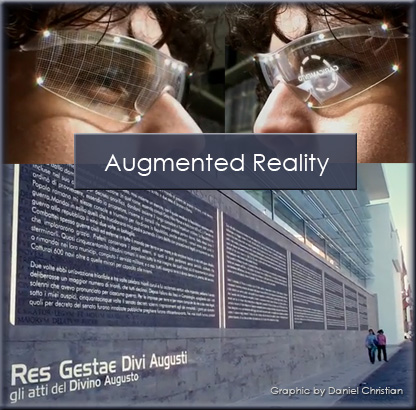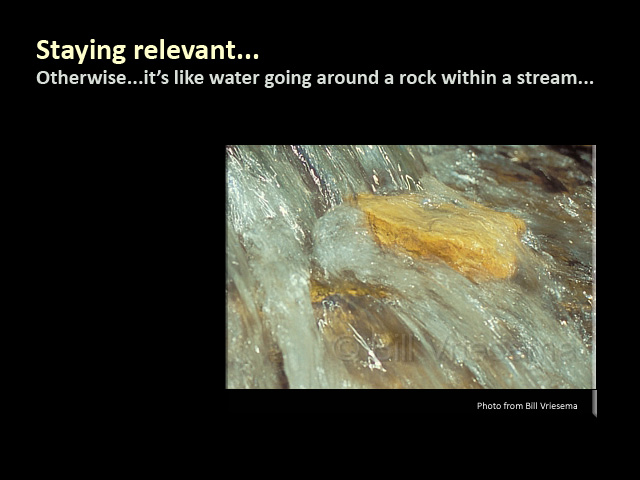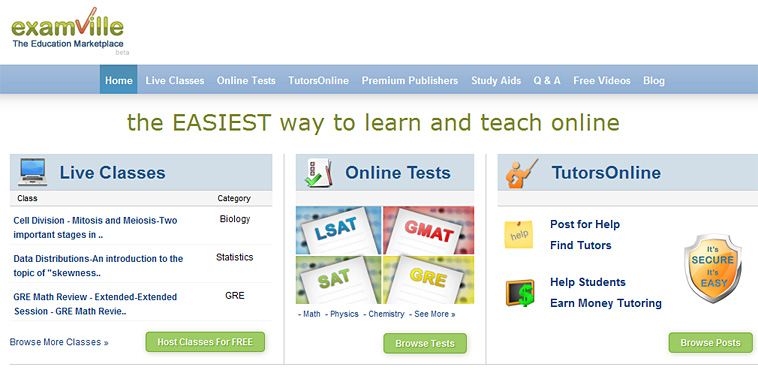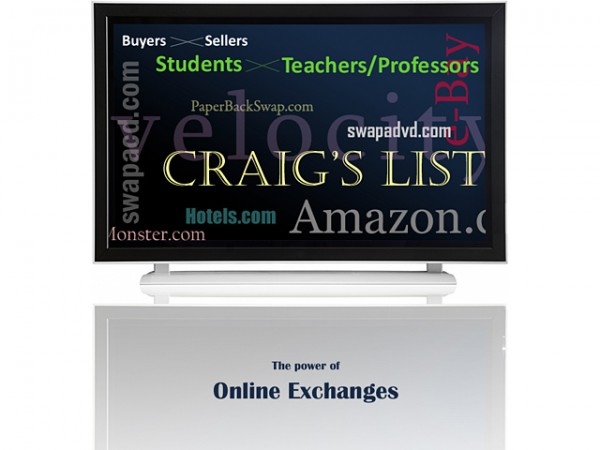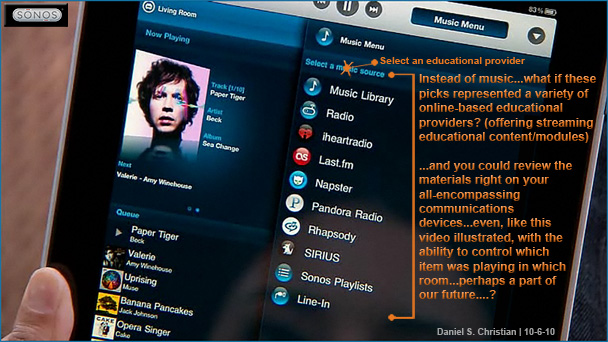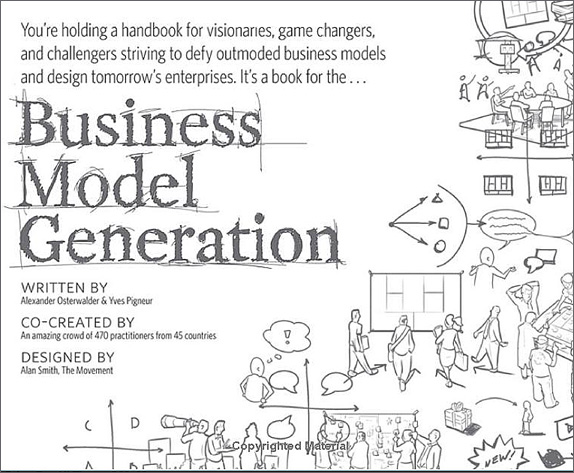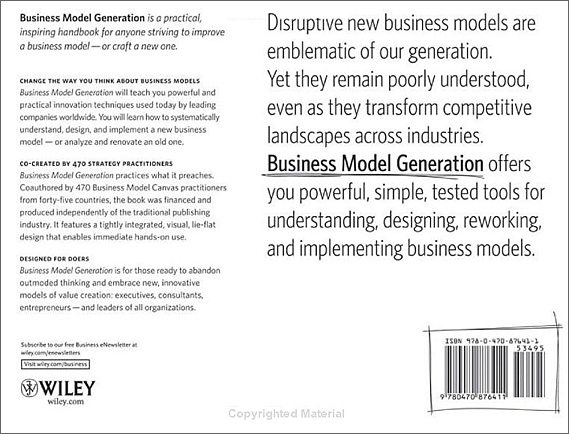I posted this a while back on my archived website, but I was looking at the topic of augmented reality again, and wanted to post this (quasi) “oldie but goodie”! (As if something posted in the last year or two can now be old…man o’ man…)
Tomorrow’s college — from The Chronicle by Marc Parry
The classroom of the future features face-to-face, online, and hybrid learning. And the future is here.
Jennifer Black isn’t a fan of technology. Until college, she didn’t know much about online classes. If the stereotypical online student is a career-minded adult working full time, she’s the opposite—a dorm-dwelling, ballet-dancing, sorority-joining 20-year-old who throws herself into campus life here at the University of Central Florida.
Yet in the past year, the junior hospitality major has taken classes online, face to face, and in a blended format featuring elements of both. This isn’t unusual: More than half of the university’s 56,000 students will take an online or blended class this year, and nearly 2,700 are taking all three modes at once.
As online education goes mainstream, it’s no longer just about access for distant learners who never set foot in the student union. Web courses are rewiring what it means to be a “traditional” student at places like Central Florida, one of the country’s largest public universities. And UCF’s story raises a question for other colleges: Will this mash-up of online and offline learning become the new normal elsewhere, too?
5 things Netflix streaming can teach higher ed — by Joshua Kim
1. Replace Yourself:
Where can we replace ourselves in higher ed, before someone else does it for us?
2. Service Tomorrow:
Do we have a good idea how education will be constructed, delivered and consumed in the future?
3. Experience, Not Technology:
How can we in higher ed focus on the experience of learning, as opposed to the delivery mechanism?
4. Be Fearless:
How can we be more fearless in higher ed, and be willing to take risks for our students?
5. Design For Your Customer:
Are we in higher ed offering enough choices for how our students’ want to consume and participate in learning?
Massive cut in Britain — from InsideHigherEd.com
Government funding for higher education in Britain is to be cut by 40 percent over four years, suggesting that public funding for teaching in the arts, humanities and social sciences may come to an end.
The Comprehensive Spending Review unveiled Wednesday includes a reduction in the higher education budget of £2.9 billion – from £7.1 billion to £4.2 billion – by 2014-5.
The Treasury says in a statement that the Department for Business, Innovation and Skills, which oversees higher education, will “continue to fund teaching for science, technology, engineering and mathematics (STEM) subjects.”
However, no mention is made of other subjects.
What will universities of the future be like? — from bbc.co.uk by Hannah Richardson BBC News education reporter
It’s the end of your shift, you dash for the train and switch on your mobile phone as you find yourself a seat.
You log into your degree course learning zone and discover you’ve been set a tough assignment. You download some key text books from the online university library and begin swotting.
While fellow commuters bury their heads in the Metro, you get some tips from course mates through an online forum.
By the time you reach your stop you have tapped out an essay plan on your smartphone.
Is this the university experience of the future? For an increasing number of students it’s happening now.
And with the cost of university set to rise considerably, many more are likely to study for their degrees in cheaper, more flexible ways – perhaps through digitally-based distance learning providers.
‘Mortgage-sized debts’
This is the view of the vice-chancellors’ body, Universities UK, which warns that as public funding contracts, the traditional residential university experience could become the preserve of an elite.
Reinventing management for a networked world — one of topics/presentations at Educause 2010
From DSC:
The following summary of this presentation is a powerful message that I’m looking forward to hearing (emphasis mine):
Over the past decade, the Internet has had a profound impact on just about every organization around the world. It has enabled dramatic efficiency gains in core processes and has radically changed service delivery in industries as diverse as education, financial services, publishing, and entertainment.
However, the greatest impact of the Internet is likely to come over the next decade as it starts to reshape the traditional management processes and structures that are used to run large-scale institutions. The management practices found in most organizations today trace their roots back to the Industrial Age or to medieval religious orders. While this model was well suited to a world requiring conformance and discipline, it is woefully inadequate and even toxic in today’s world of accelerating change.
To thrive in the years ahead, every organization must become as nimble as change itself—a challenge that will require a fundamental rewiring of our tradition-bound management principles and practices.
Unlike most organizations, the web is a cauldron of innovation; it is extraordinarily malleable and highly adaptable. In these respects, it already exhibits exactly those qualities that will be most critical to organizational success in the years to come.
That’s why the management model of every organization will need to be rebuilt on the fundamental values of the web: freedom, openness, transparency, collaboration, flexibility, and meritocracy. In this provocative and practical presentation, Gary Hamel will lay out a blueprint for “Management 2.0” and outline the steps you can take to help your organization to become as adaptable as the times demand.
While looking at the video for Sonos Controller for the iPad, I wondered…what if we could replace the selection below — i.e. the word music with the words “educational providers” — and then control which room received which signal/content?
Wow…talk about a home dedicated to learning! 🙂
.
What is a Learning Futurist? — from Teaching College Math by Maria Andersen
So, what is a futurist? First, a futurist does not “predict” the future, they use foresight skills to complement insight and hindsight. One foresight skill is basic forecasting (trend analysis), but this only works if the field under investigation is relatively stable. In unstable fields, futurists use scenario planning to project several possible outcomes – by examining the possibilities, an organization can plan for the most common outcomes, or at least think through some of the planning necessary for extreme possibilities (often, several extreme possibilities have some commonalities). Futurists have to think creatively about the direction and meaning of trends, not just within a field, but in the surrounding fields. You could say that Futurists have to be excellent systems thinkers.
Who does futuring?…
So, what is a Learning Futurist, in particular?…
Time Warner: Apple TV would ‘jeopardize’ shows — from news.cnet.com
From DSC:
Yes, yes, yes…all the incumbents out there who refuse to reinvent themselves will buck against tech-enabled, innovative companies that introduce new ways of doing things that disrupt their current business model. It’s possible Time Warner will make less, but they could make more depending upon how they play things.
I have it that the same is true for institutions of higher education. There already is — and will continue to be — disruption caused by technological changes and new business models. We can either reinvent ourselves or get our butts kicked.
Relevant examples:
The Khan Academy brings Disrupting Class to life — from Disrupting Class by Michael Horn
If you haven’t yet seen it, there is a fascinating video of Sal Khan speaking at the Gel 2010 conference. For those who haven’t been following, Khan is the creator of the Khan Academy—a non-profit that has over 1,800 videos for free on the Web that teach topics in Math, Science, the Humanities, and so forth—and have attracted such an impressive following that they have more viewers than even MIT’s open courses on YouTube. The Khan Academy reaches people all over the world with these videos, and recently Google awarded it $2 million to create more videos and translate them into additional languages.
.
University of Florida Considers a Flat Tuition Plan — from StraighterLine.com’s blog
.
Are we approaching a mutation in higher education? — from changinghighereducation.com by Lloyd Armstrong, University Professor and Provost Emeritus at the University of Southern California
As mass consumption gives way to the wants of individuals, a historic transition in capitalism is unfolding.
So begins an interesting article in a recent McKinsey Quarterly written by Shoshana Zuboff. Zuboff’s premise is straightforward:
Every century or so, fundamental changes in the nature of consumption create new demand patterns that existing enterprises can’t meet. When a majority of people want things that remain priced at a premium under the old institutional regime—a condition I call the “premium puzzle”—the ground becomes extremely fertile for wholly new classes of competitors that can fulfill the new demands at an affordable price.









